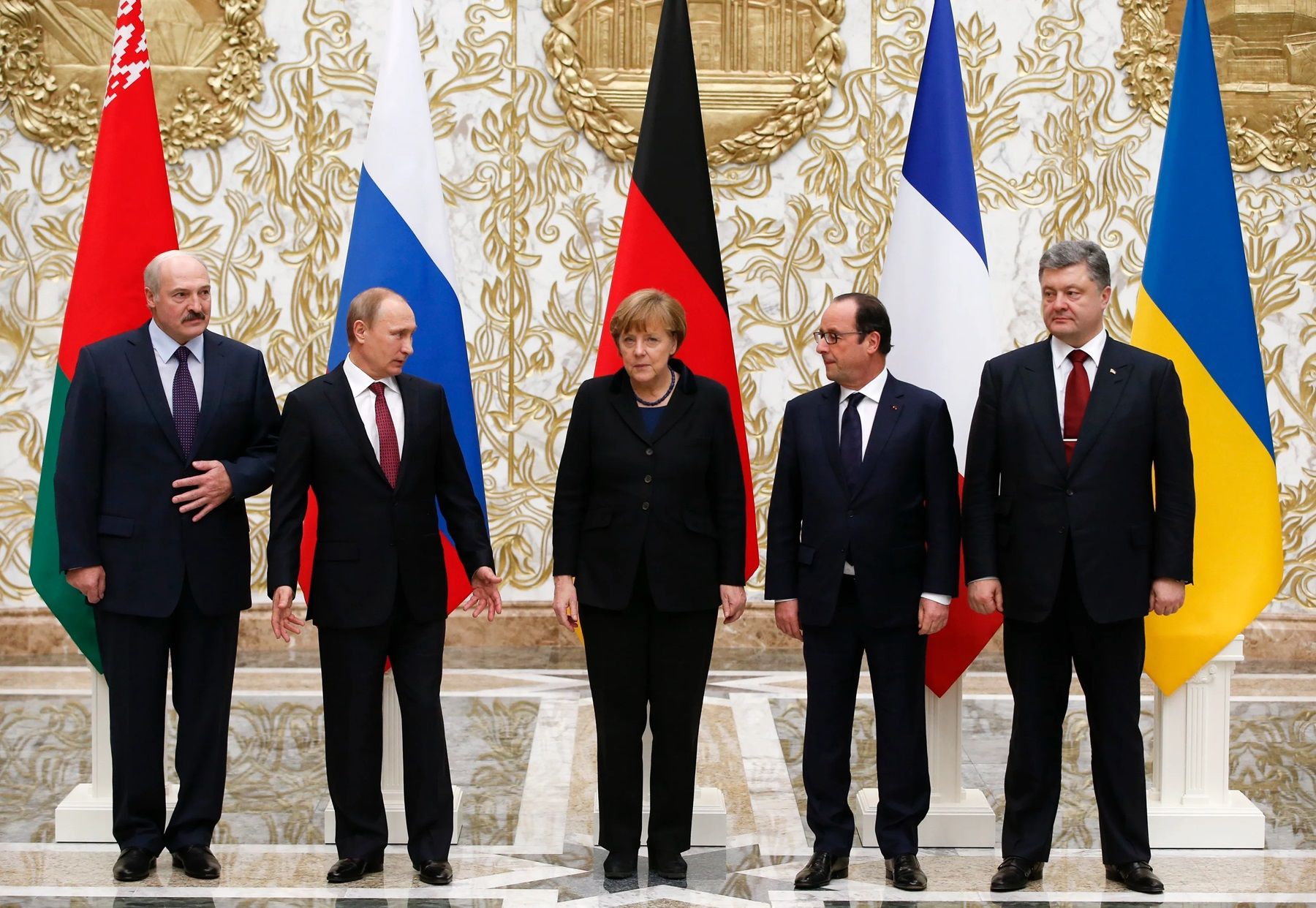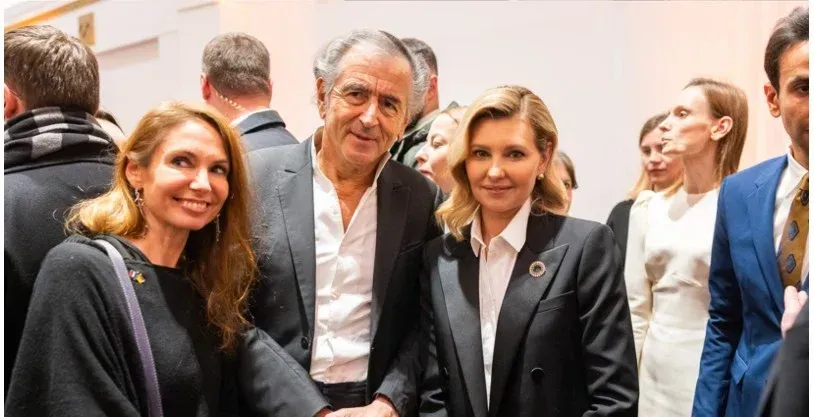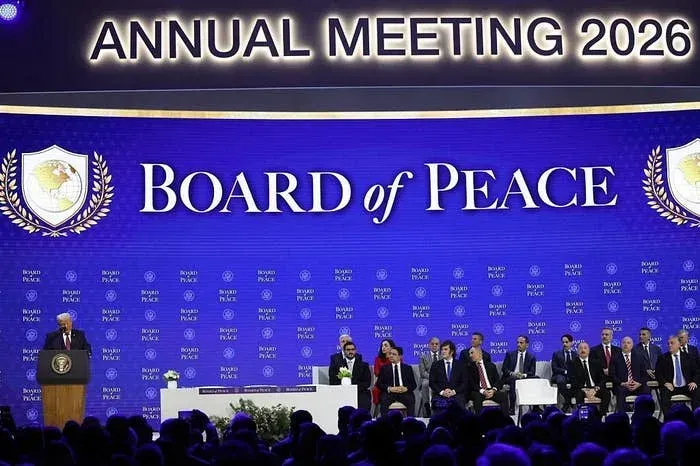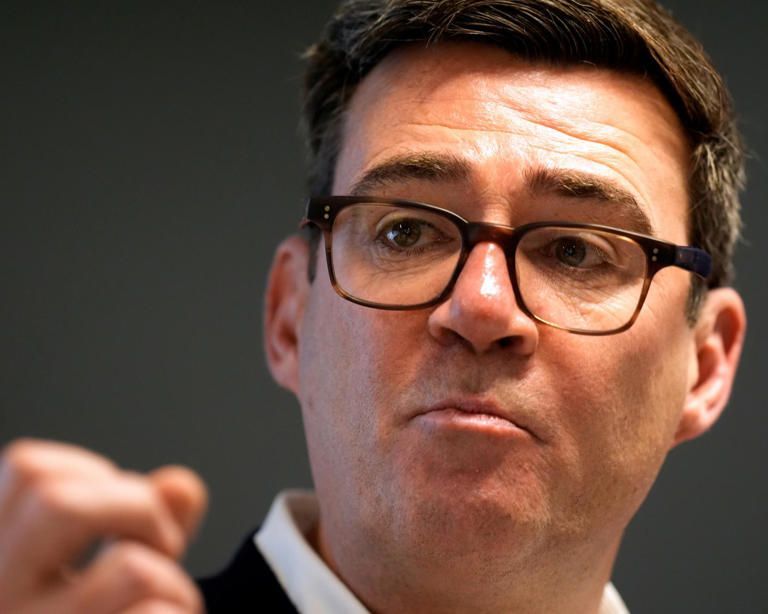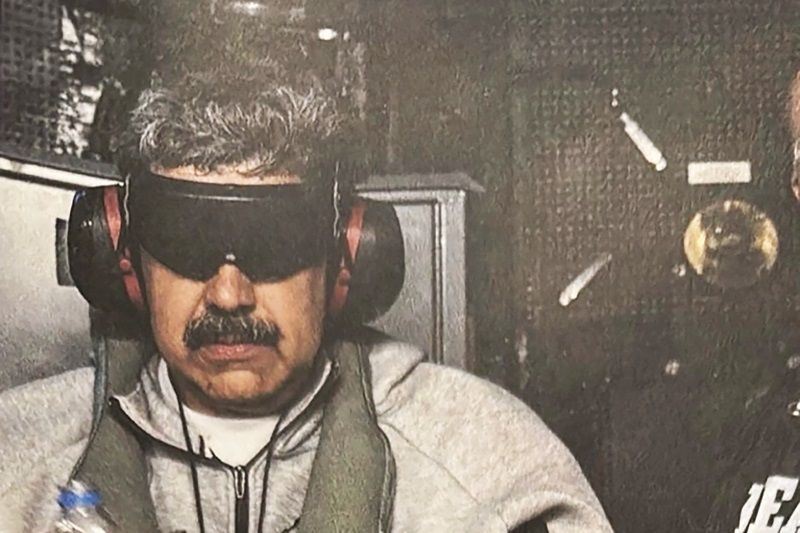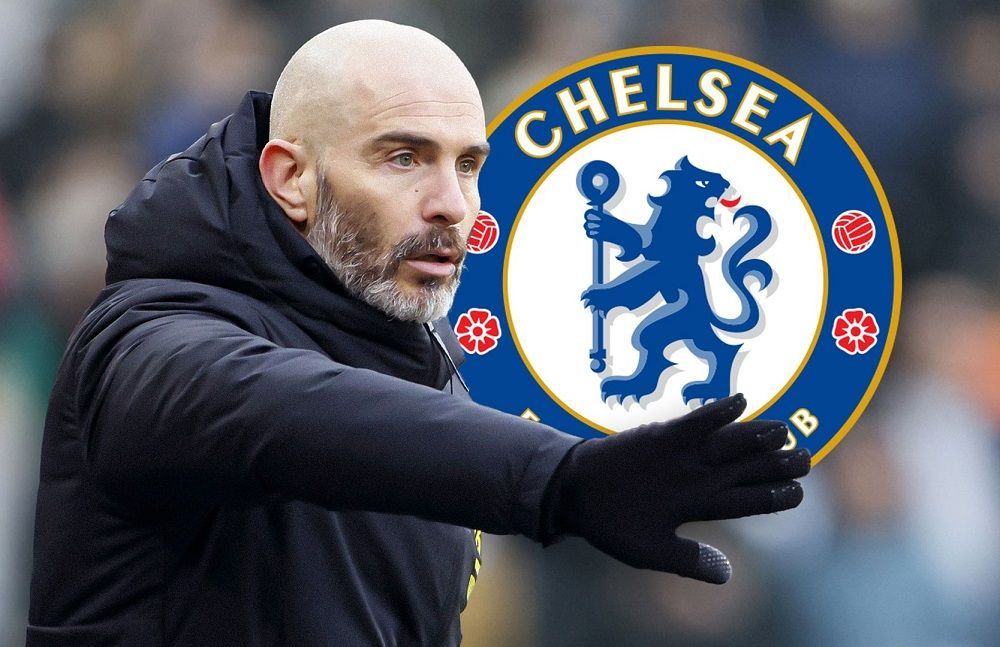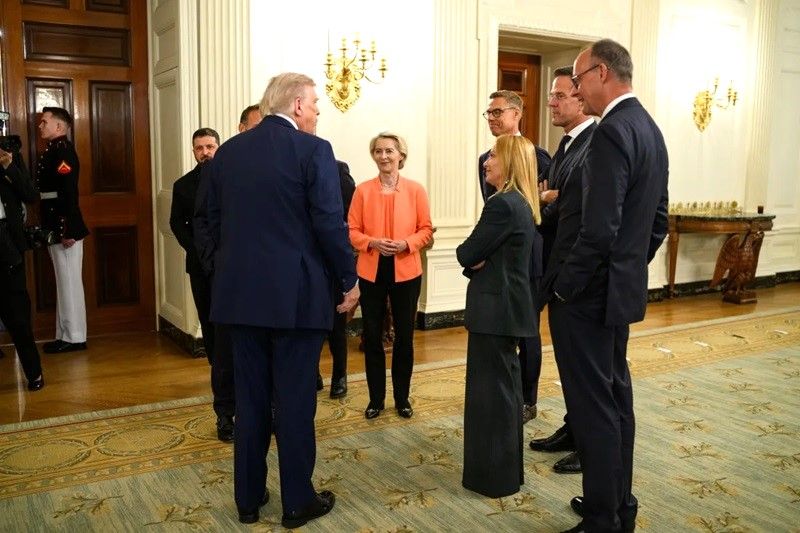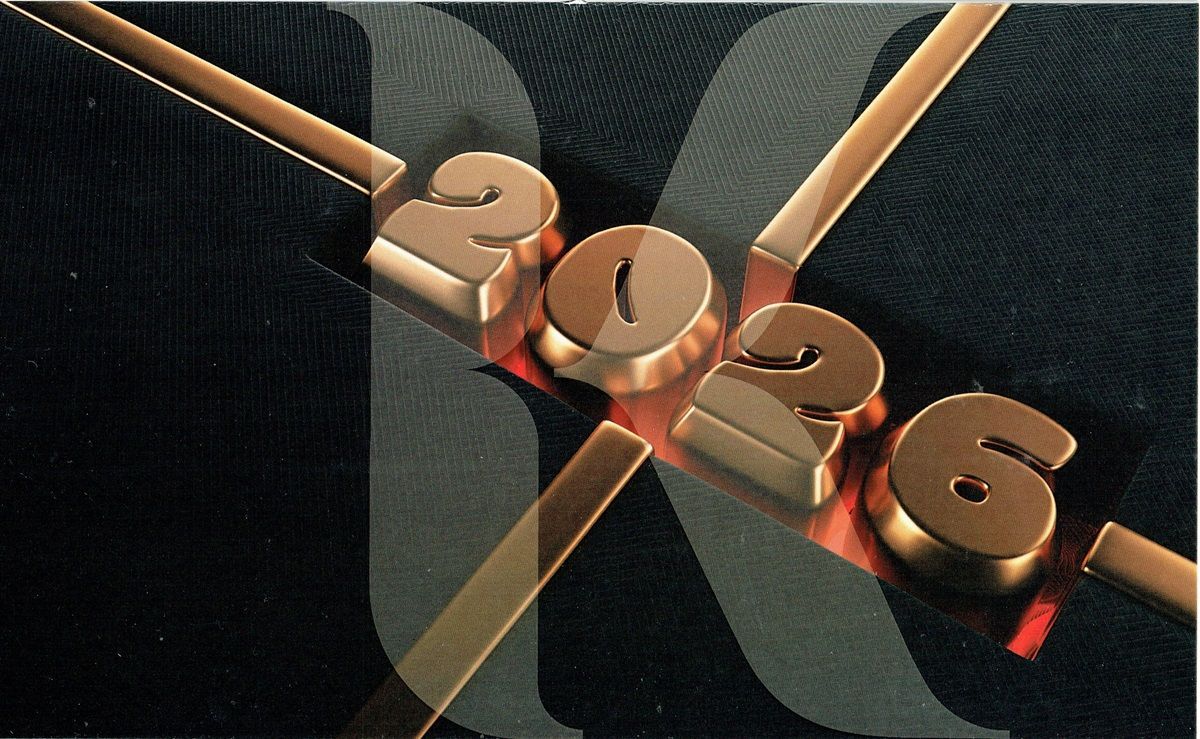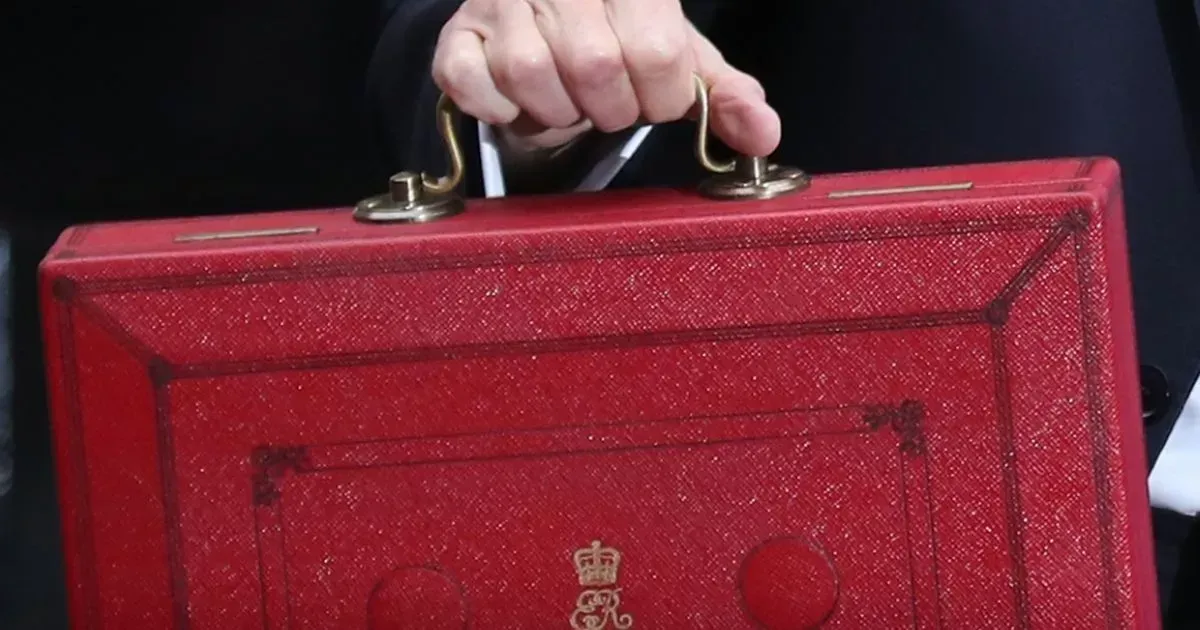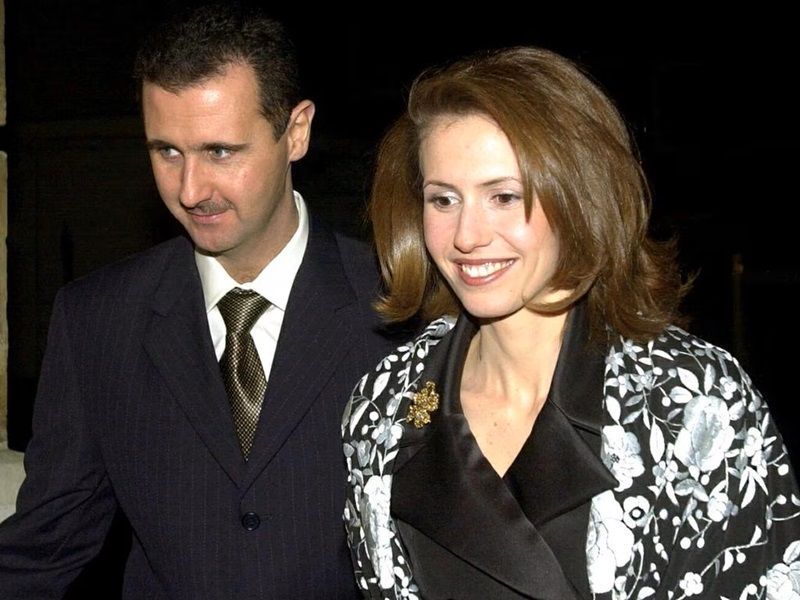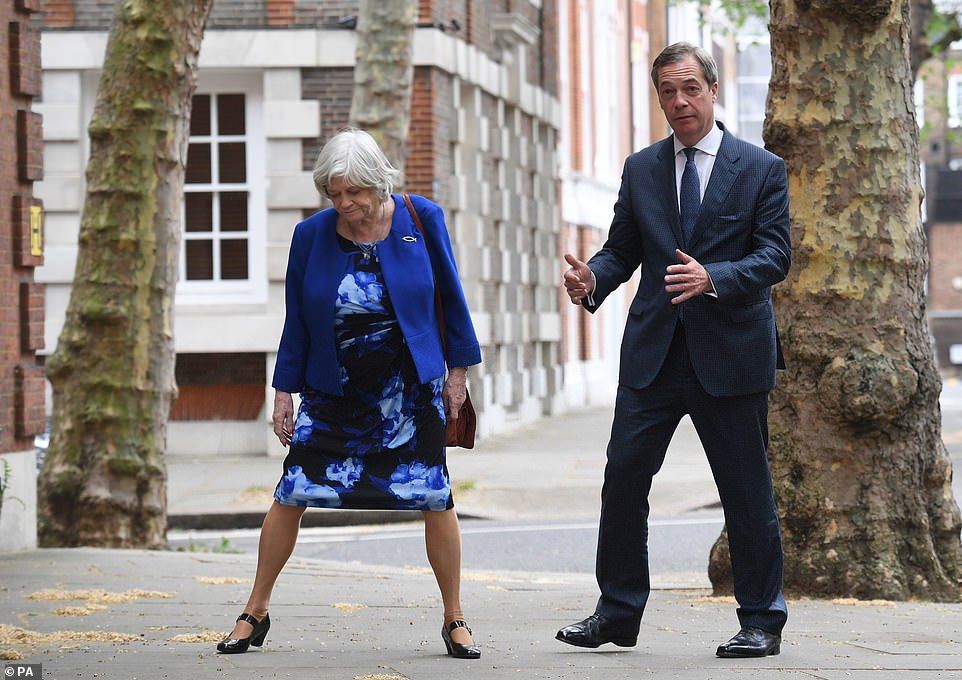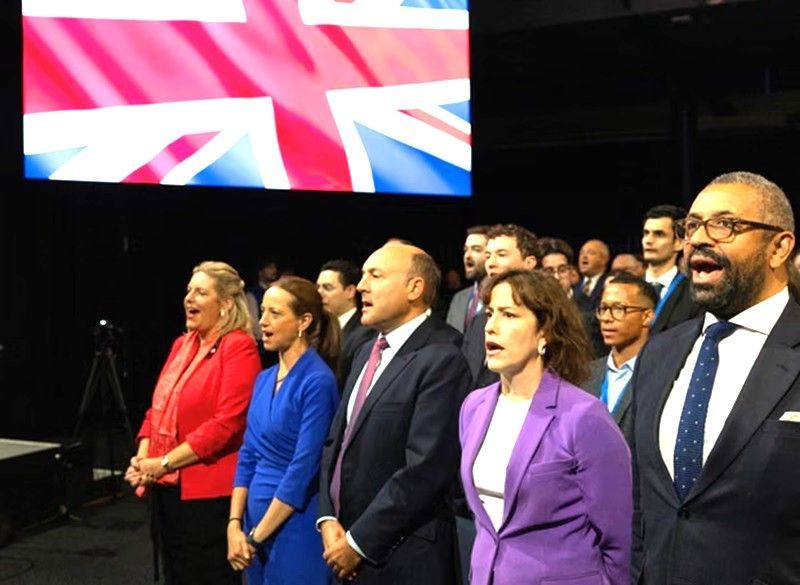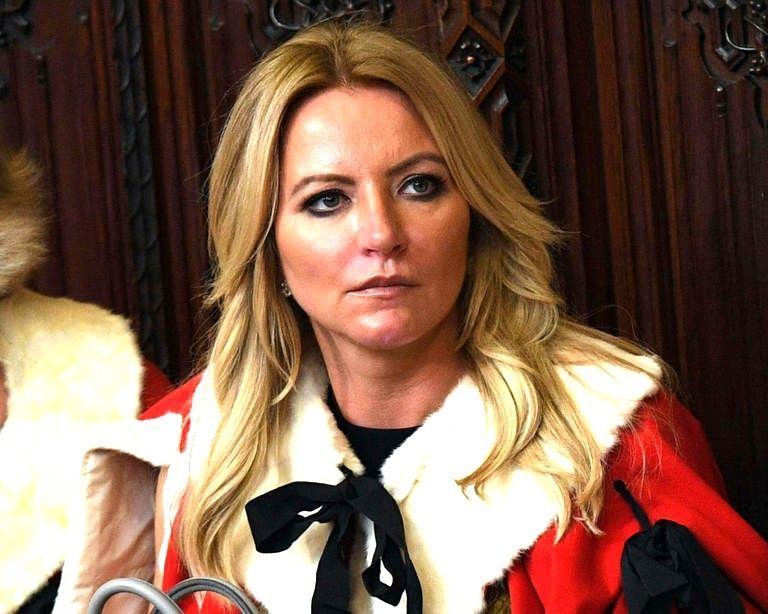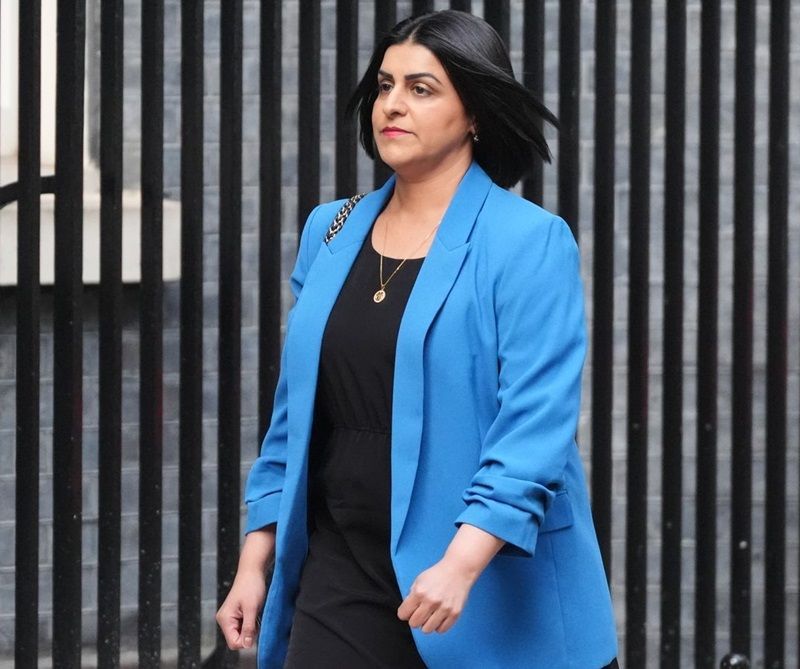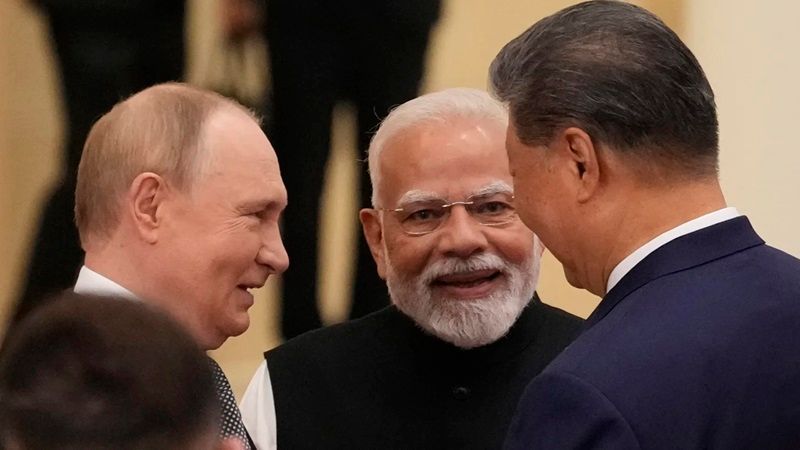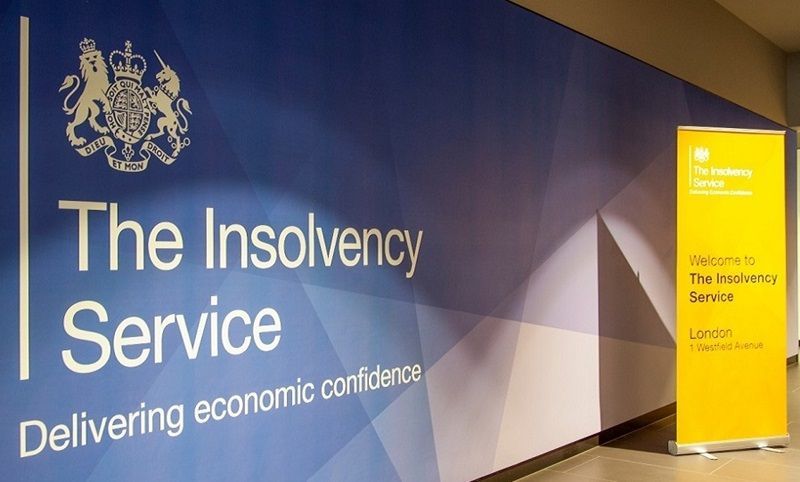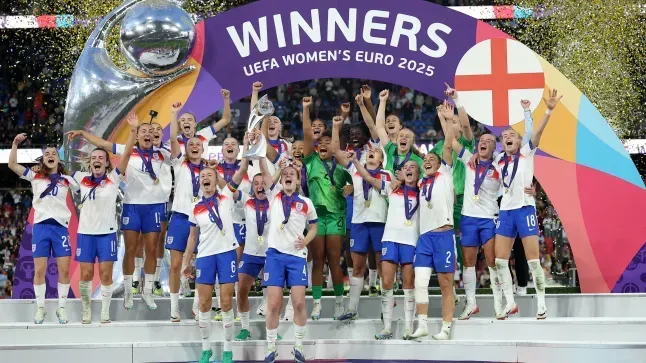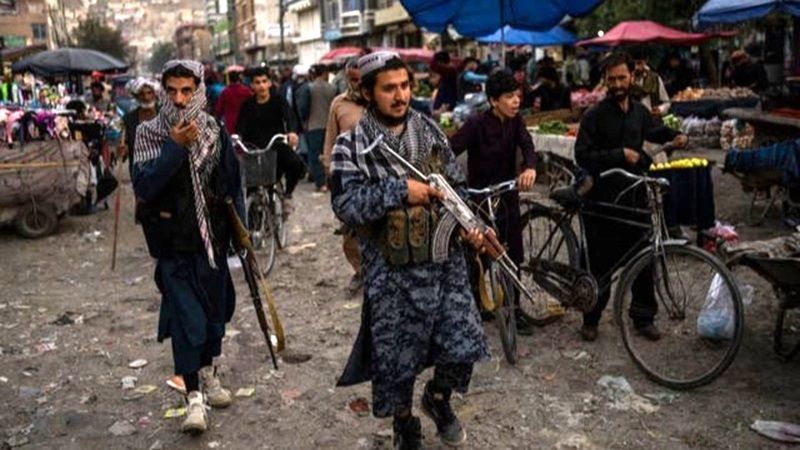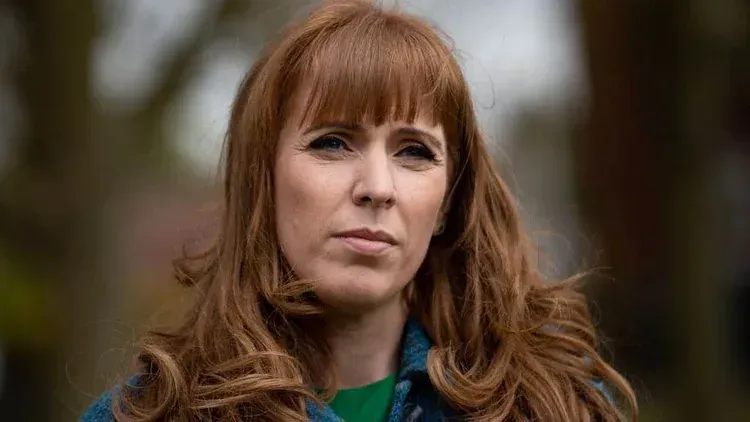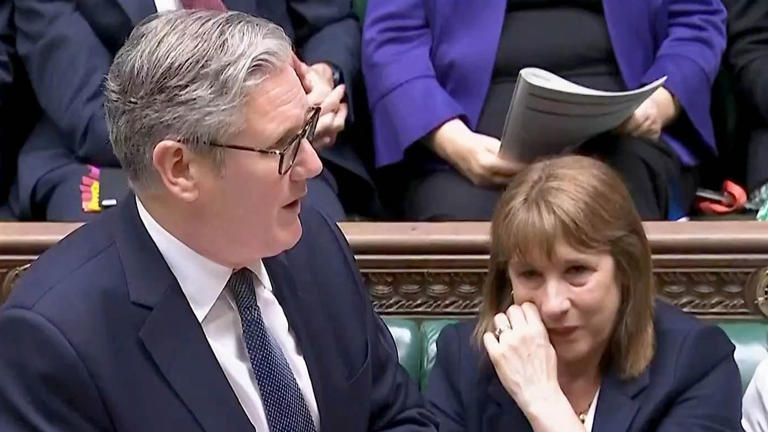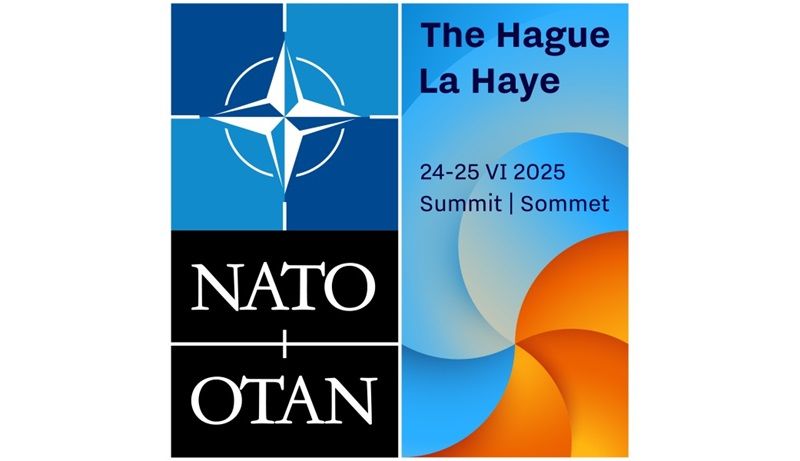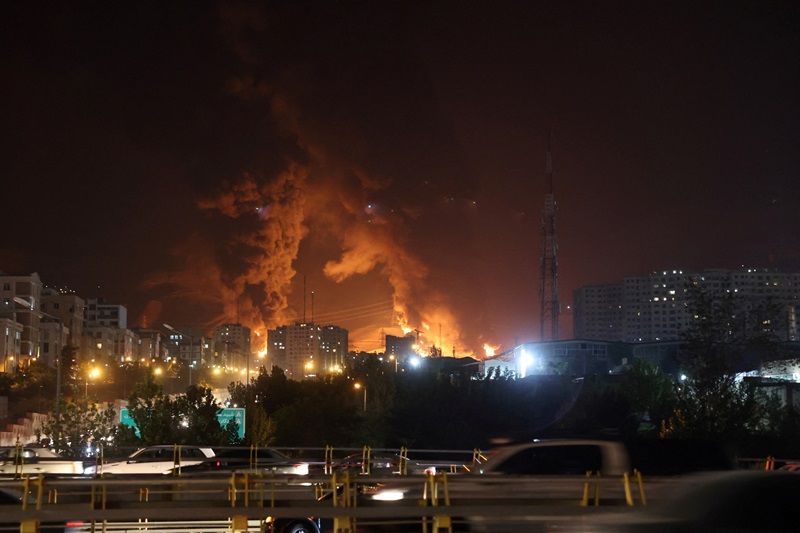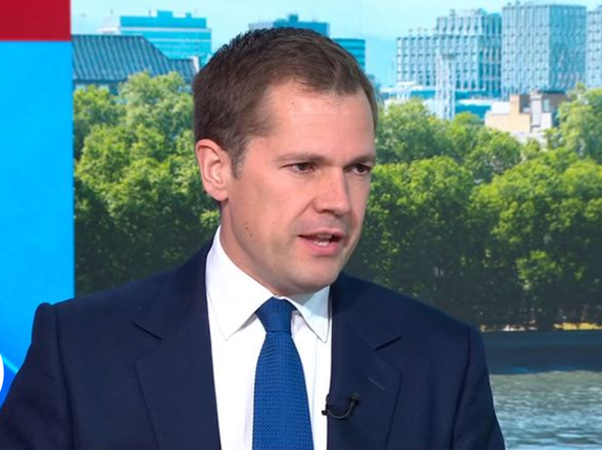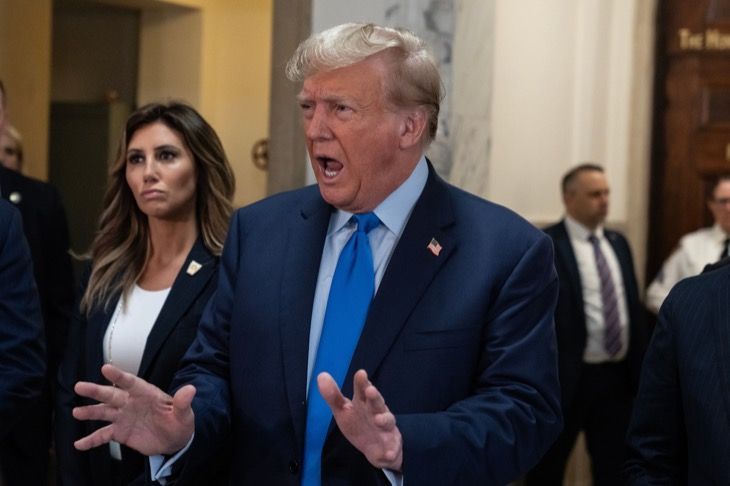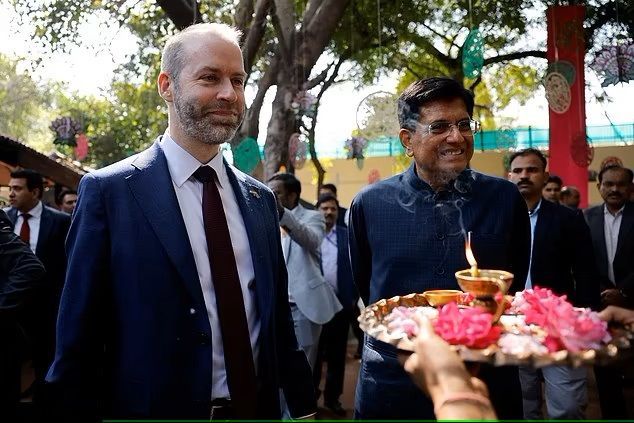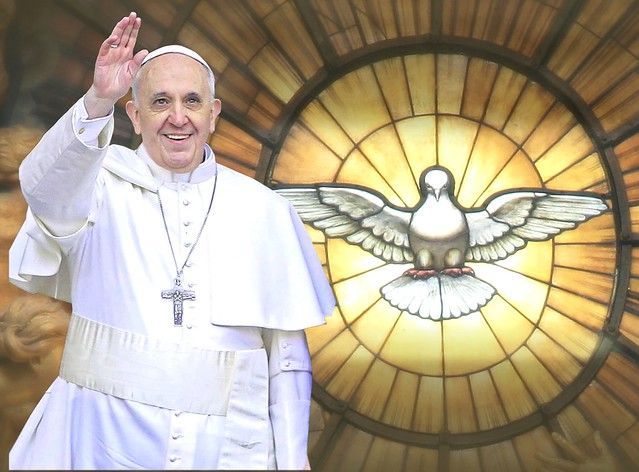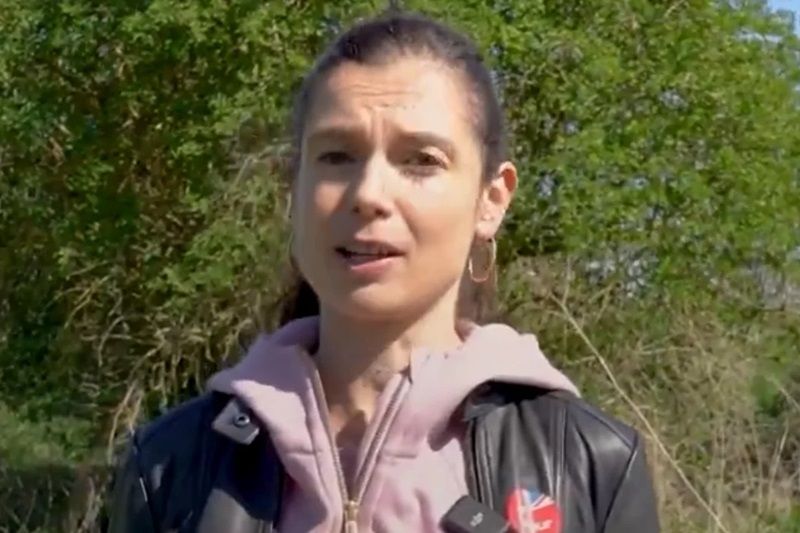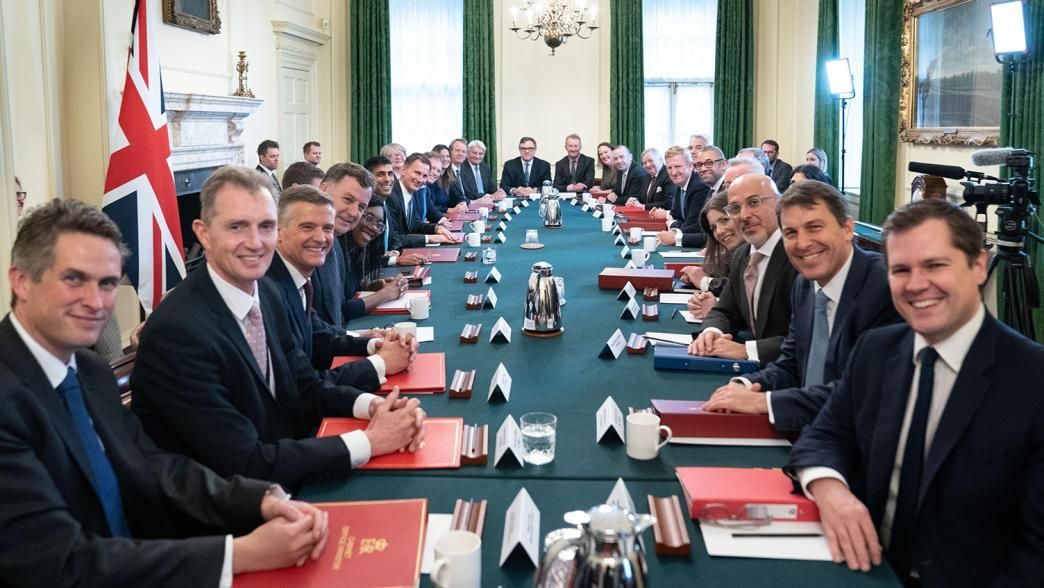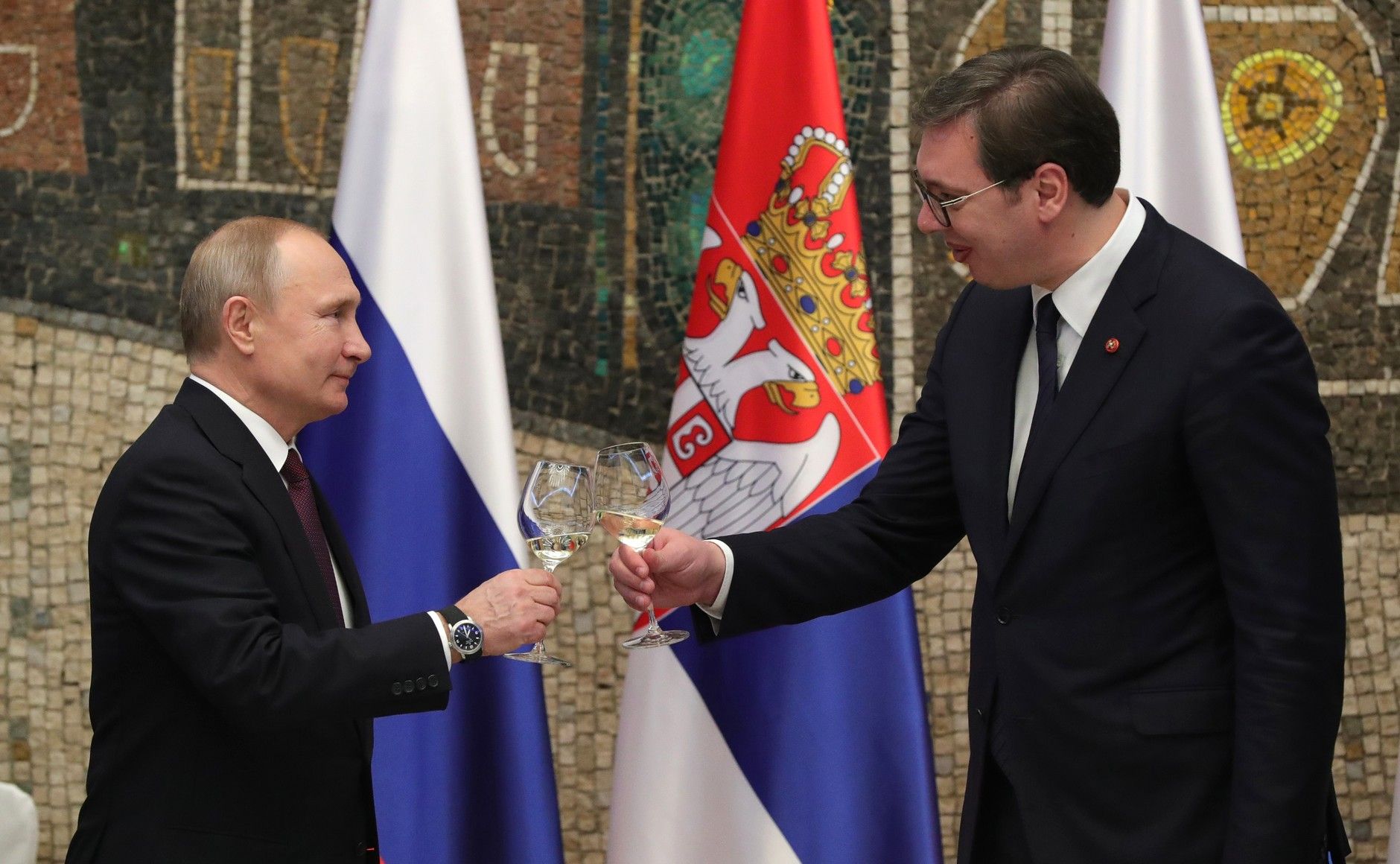David Cameron pledge in 2010 was Tories will reduce net migration to 10,000 only. After 13 years of Tories in government today’s figure from ONS (The Office for National Statistics) is 606,000.
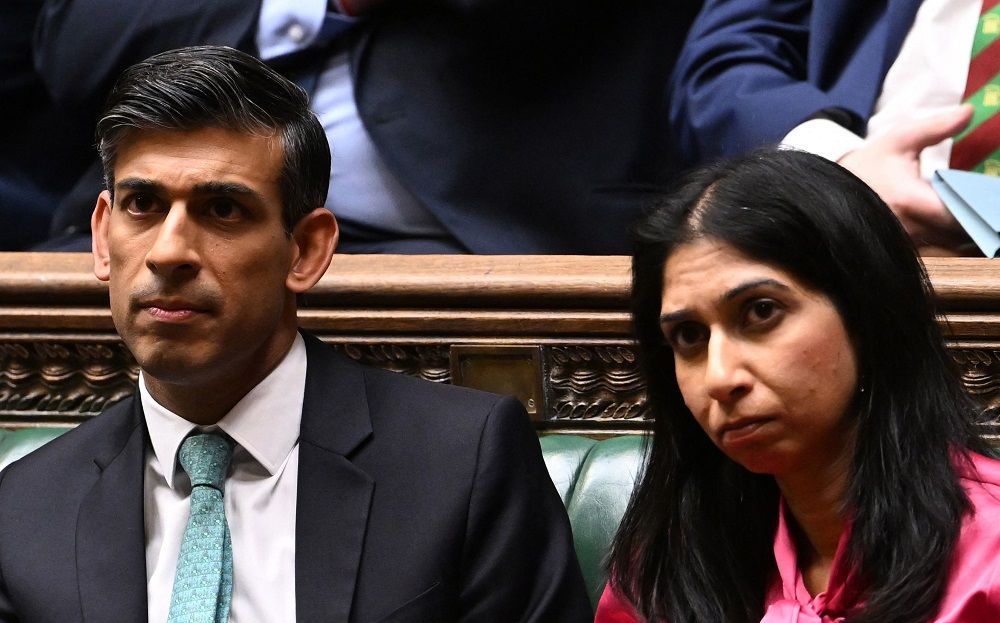
Immigration has long been a heated topic in the UK's political discourse, no more so perhaps than within the Conservative Party. And while there is much analysis of the pros and cons of people coming in and out of the country, the hard numbers have remained the benchmark that many Tories use to determine the performance of their leader on the issue.
Back to David Cameron era and his general election campaign of 2010 is the only place to start, as his remarks on immigration statistics became the albatross around both his neck and those of successive Tory leaders. Cameron’s pledge was that his government will reduce net migration to the 10,000 only to stop the UK population going over 70 million. According to the Office of National Statistics (ONS), the figure stood at 252,000 that year. In 2011, a year after winning office, Mr Cameron doubled down on the pledge, saying it would be achieved by the 2015 election, "no ifs, no buts". However, when that vote came around, the number was up to 379,000.
During this period, there was growing momentum behind the Brexit movement, with a particular focus on immigration. Nigel Farage became the leading figure among Eurosceptics, making his mark on the political stage by demanding stronger controls on migration, especially from the EU where, as a member state, free movement allowed us to live and work in the bloc and for EU citizens to live and work in the UK. Farage’s calls also coincided with the migrant crisis across Europe, with growing numbers of asylum seekers heading to the EU after a swathe of conflicts in the Middle East and the Arab Spring. By 2014, his UKIP party was hitting the mainstream and managed to secure the most votes in the UK's European Parliament elections. Nigel Farage was gaining momentum in the build up to the 2015 election. Come 2016, in an effort to quash the longstanding row over Europe within his own party, and now within the country, Mr Cameron announced a referendum on Britain's membership of the EU, set for 23 June.
He had pleaded with the bloc to seek a better deal for the UK as a member, and two of the main concessions he won centred on immigration - stopping EU migrants claiming benefits for seven years and restrictions on child benefit payments.
But he said it was now time for the country to make the decision - placing himself staunchly on the Remain side.
Immigration dominated the four months of campaigning, with both Vote Leave - headed by Boris Johnson and Michael Gove - and Farage's Leave. EU promising a future outside the bloc would see the UK being "in charge of our borders" and having stricter controls on immigration. The emotive campaign, which also included inaccurate warnings about an influx of Turkish migrants if the country joined the EU and controversial posters showing refugees queuing to get in, struck a chord with a large portion of the public.
And come the morning of 24 June, the UK had voted to leave by 52% to 48%, with most post-referendum analysis pointing to immigration as the issue that swung it.
Mr Cameron was now out and Theresa May was in, leading the Conservatives through one of the most fractious periods in the party's history.
She had long taken a tough stance on immigration, having been home secretary for six years and the architect of the so-called "hostile environment" policy - aimed at catching out illegal immigrants, but positioning her as strict on all forms of migration. Despite campaigning for Remain, she converted to the Brexit cause, entering into talks over a withdrawal agreement from the EU.
In 2017, net migration sat at 270,000, and in the snap election of the same year, she repeated Mr Cameron's pledge to get net migration down to the 10,000, again claiming Brexit was the answer as it would end free movement.
But in 2018, the figure was still at 258,000, and in 2019, where stalemate with her Brexit deal saw her ousted from Downing Street, the number had risen to 275,000.
After taking over as PM, Theresa May insisted net migration figures should be reduced to 10,000.
Next it was Boris Johnson's turn to take on the mantle, and immigration was still a hot topic within Conservative ranks. In his leadership campaign, he promised to introduce an Australian-style points system to bring down net migration, specifically reducing the number of unskilled workers coming into the country.
Unlike his two predecessors, he would not commit to the "tens of thousands" target, saying he would not "get into some numbers game". But he did put a pledge that "overall numbers would come down" in his party's 2019 manifesto.
In 2020, net migration now sat at 374,000, and the focus of Mr Johnson's government moved from the day-to-day policies to tackling the COVID pandemic. But after the country emerged from lockdowns in 2021 and began to return to a form of normality, the issue on the table instead was gaps in the supply chain. Boris Johnson said he would guarantee immigration numbers would fall!
The country was facing shortages of lorry drivers, fruit pickers and butchers, problems with getting petrol, and questions over whether rules should be adjusted to allow more people to come to work in the UK.
While some visa routes were opened up, Mr Johnson's emphasis was on British employers enticing more of home-grown talent into the roles with higher pay, saying: "What I won't do is go back to the old failed model of low wages, low skills supported by uncontrolled immigration."
The ONS changed the way it recorded net migration at this time, meaning it was not comparable to the previous decade's figures. But it stood at 239,000.
As the year came to a close, attentions had begun to turn to people crossing the Channel in small boats after more than 25,000 arrived in one year - three times the number for 2020. The then-home secretary Priti Patel promised to make the route "unviable".
Come 2022, net migration had jumped to 504,000. The ONS said factors such as the waning impact of COVID, the return of more international students, and new asylum routes from Afghanistan after the Taliban takeover, Ukraine after the Russian invasion, and Hong Kong, were all contributing factors.
However, the government continued to hone in on the "illegal immigrants" - often asylum seekers - making the crossing in dinghies from France. A law was passed to make it illegal for anyone to enter the country in this way, and Mr Johnson announced his Rwanda scheme, which would see those arriving by boat sent to the country to have their asylum claims processed.
The policy drew large amounts of criticism, and concerns it could go against human rights law, and while ministers pushed ahead with the plan, the numbers kept rising - a total of 45,000 crossed the Channel in 2022 - and no flights to Rwanda ever took place due to court challenges.
In 2023, it was now Rishi Sunak's turn in Number 10, and he continued to focus on the crossings, making "stopping the boats" one of his five key pledges to the public. But while the row around illegal migration continued to rage in Westminster, behind closed doors there was growing concern around the continued rise in the net migration figure - a much larger statistic than those entering the country illegally.
Newspapers claimed it could hit one million when the ONS published its latest analysis, and reports pointed to a split in cabinet over what to do.
Home Secretary Suella Braverman is said to have put forward a number of proposals to reduce the numbers, including increasing minimum salaries for people to come and work in the UK and making it harder to bring a spouse or family members.
But Ms Braverman is reported to have faced pushback around the cabinet table from Chancellor Jeremy Hunt and Education Secretary Gillian Keegan, who are said to have been appealing for more visas for students and workers in certain sectors to boost economic growth and continue to plug the gaps left in the labour market. They appear to have been overruled by Ms Braverman, who earlier this week announced fresh curbs on international students bringing family members to the UK.
When asked about that 10,000-pledge missed so many times by his predecessors, Mr Sunak's spokesman refused to sign up to it and said the "priority" remained tackling small boats.
Today 25 May 2023, the ONS confirmed the latest net migration figure for 2022 was 606,000 - lower than had been predicted but still a record high - so the topic could still be the bigger vessel drawing the attention of his crew at a time when the party is already licking its wounds over poor local election results.
I am a bit lost and confused with the numbers:
1. The ONS and statements of few Tories’ MP including PM doesn’t mach. PM stated clearly that the net migration is higher for approx. 230,000 because of Afghanistan, Ukraine and Hong Kong issues. Well, if we add just this figure to the ONS official figure for 2021 of 488,000, we will have figure today well over 700,000 (I could not see what the figures was added for 2022 regarding Afghanistan, Ukraine and Hong Kong - I would not be surprised if the ONS simply not entered for 2022 but will do that next year for net migration 2023 instead). Not to mention, that there were two changes how the counts to be taken and implemented in the report. Something similar how Tories’ changes the statistics report who pass away from Covid – more suitable and convenient way was taken that the figures being brought down).
What is also very "strange" the most "students with the girlfriends/wife's and kids came from India of which 2/3 never ever go back and simply overstay"! Or is this just pure coincidence that this is happening mainly the last 4 years.
2. There are 173,000 backlogs on “illegal” immigrants. Where they fit?
3. There are 45,000 immigrants who crossed the Channel just in 2022 and 24,000 who crossed in 2023. Where the new arrivals fit, in which statistic group and when?
To reduce the net migration was one of Tori pledges!
Did they succeed?
No they failed!
Failed completely in all 13 years since they are in the government!

